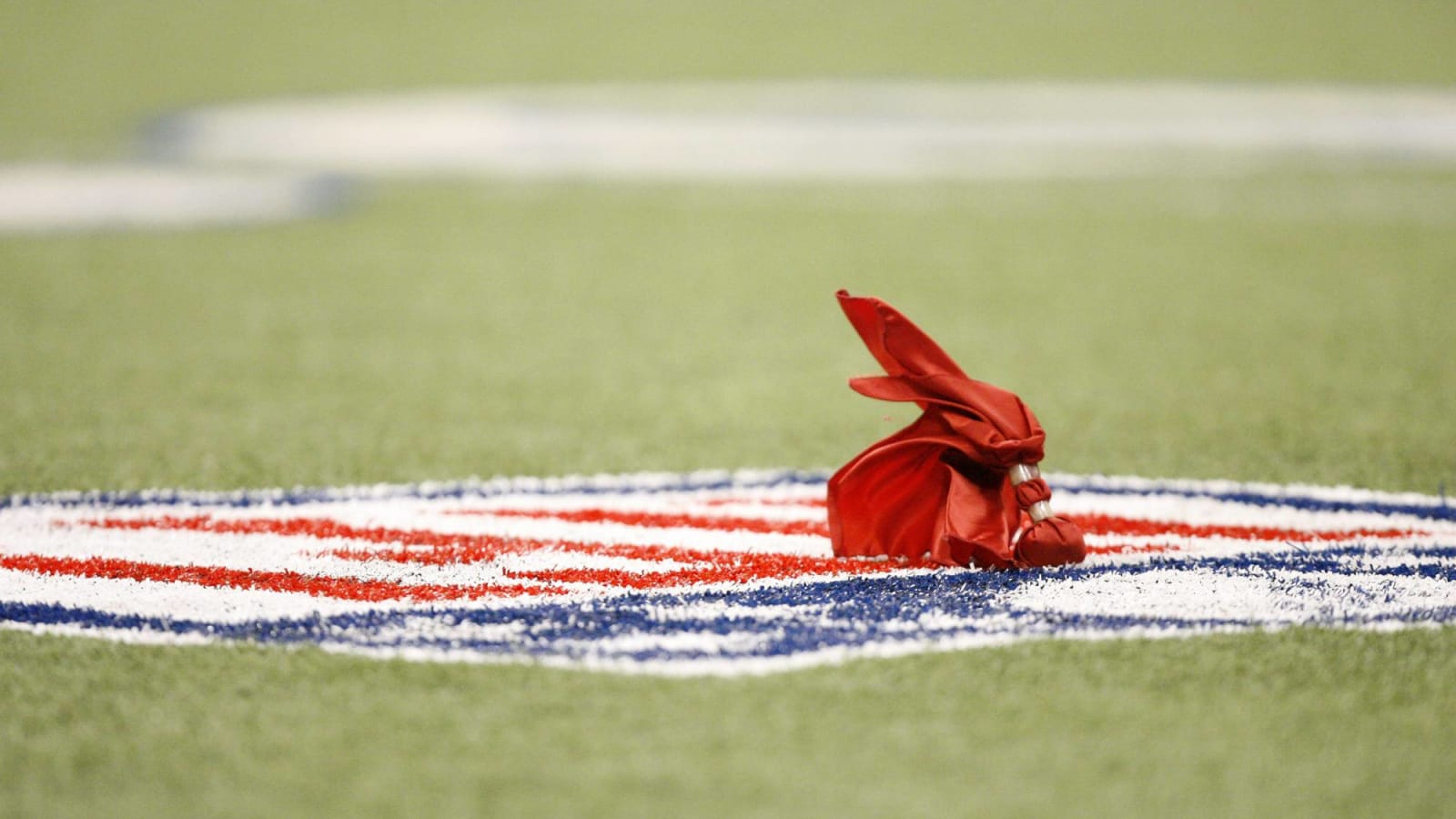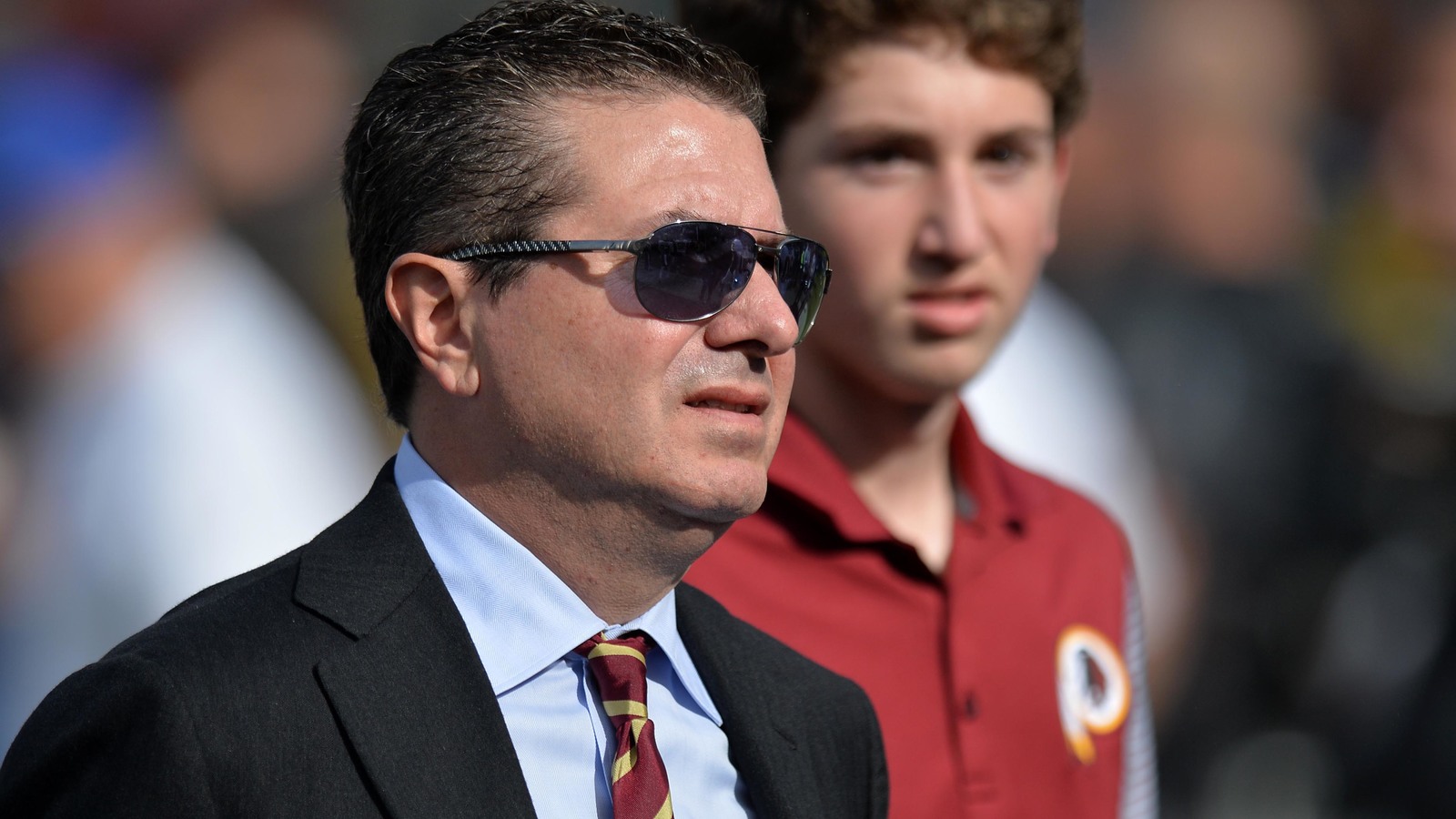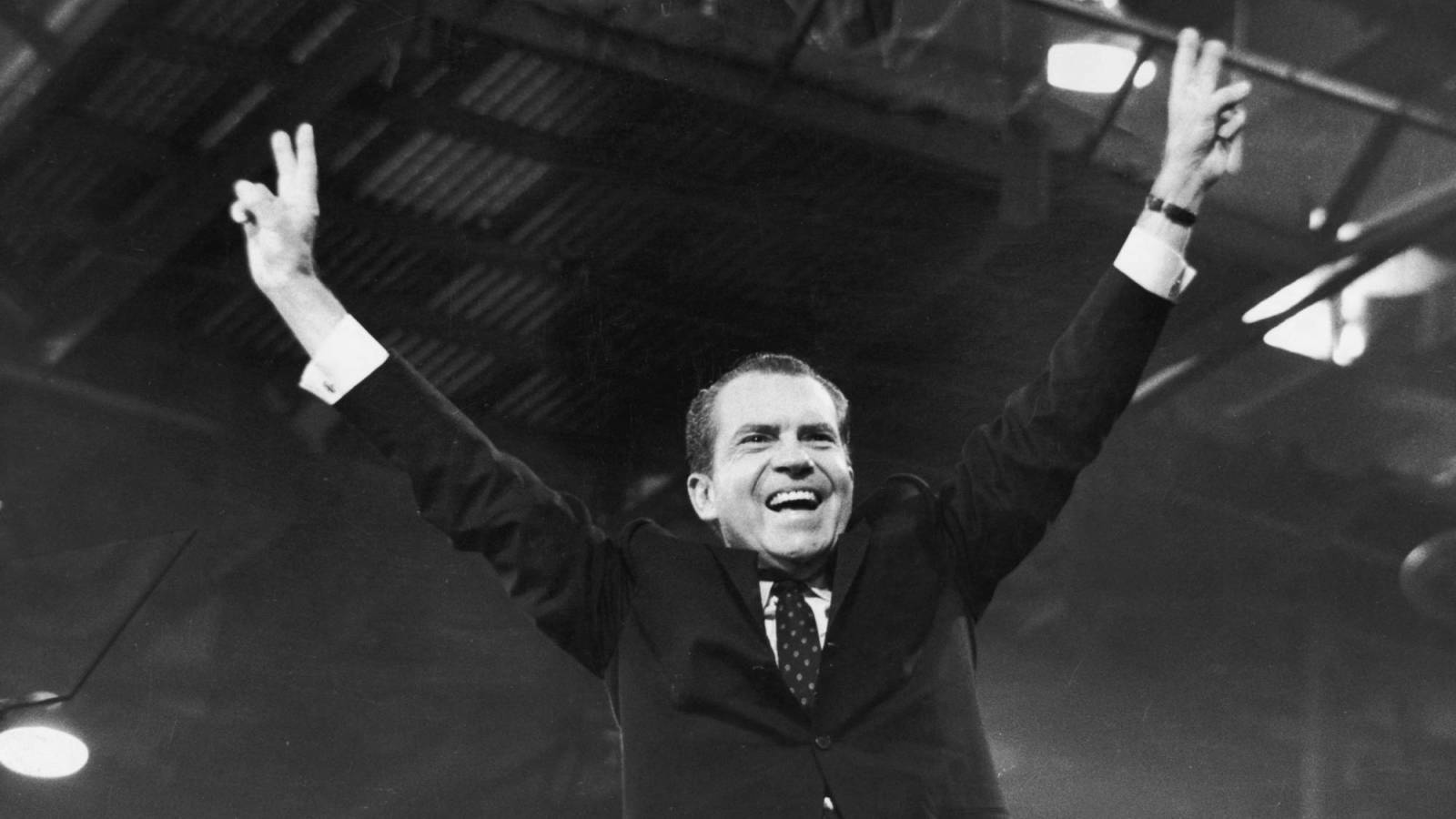
Sports & Politics Intersect: Power of NFL's Rooney Rule called into question
“The Rooney Rule has been good for the league, and over the years we’ve seen clubs consider and hire candidates they might not have otherwise, but we’ve also seen clubs pay the rule lip service and go through the motions with no intention of ever considering the candidate of color. … There must be more. We need other good ideas about how to create opportunity for head-coach aspirants of color” - Attorney N. Jeremi Duru, author of “Advancing the Ball Race, Reformation and the Quest for Equal Coaching Opportunity in the NFL”
When the 2018 NFL season kicked off, there were eight minority head coaches, seven of whom were African-Americans. One day after the season ended, only three still had their jobs, and just two remaining coaches were black: Pittsburgh’s Mike Tomlin and Anthony Lynn of the Los Angeles Chargers.
Even in the age of the Rooney Rule, the fact only two of the NFL’s current head coaching positions are filled by African-Americans does not sit well with various civic leaders, media types and other minorities associated with the NFL. Following Oakland’s decision to fire Reggie McKenzie last month and when Baltimore’s Ozzie Newsome retires once the Ravens’ postseason concludes, the only black general manager in the league, where approximately 70 percent of its players are African-American, will be Miami’s Chris Grier.
Of the four minority head coaches shown the door on the suddenly inappropriately dubbed “Black Monday,” three seemed justifiable from a football sense.
Marvin Lewis won four division titles in 16 seasons with Cincinnati but went 0-7 in the playoffs. It was reported Lewis and the Bengals mutually parted ways. In Denver, Vance Joseph went 11-21 in two seasons guiding the Broncos, who under his watch suffered back-to-back losing campaigns for the first time since the early 1970s. And after going 10-6 in his first season with the New York Jets, Todd Bowles totaled 14 wins over the next three.
Arizona’s Steve Wilks, meanwhile, lasted only one season with the Cardinals, going 3-13 during what was openly considered a rebuilding year. That apparently was enough for the team’s brass to pull the plug on Wilks, which has led to plenty of criticism.
While the likes of Hall of Fame coach Tony Dungy feel Wilks deserved more time in Arizona, he’s not crying foul after Monday’s minority firings. Dungy told the Tampa Bay Times, “It wasn’t troubling to me at all. I don’t mind five people getting fired. I had a problem with Steve Wilks getting fired in Arizona after just one year, but that’s the Arizona Cardinals. But it also means that five guys got hired in the first place.”
So what do the NFL and those teams with coaching vacancies do next in terms of minority coaching hires? The Rooney Rule, which was created to encourage the hiring of minority coaching candidates within the league, was enhanced this season. Most notably, NFL teams must interview at least one “diverse” candidate from an approved list of those not employed by the franchise.
However, many still believe the Rooney Rule, named after the late Steelers owner and chairman of the NFL’s diversity committee, Dan Rooney, really isn’t taken seriously. Others feel the problem starts at the top, and until more minorities find themselves in ownership or high-level executive positions within NFL franchises, nothing significant will change. Still, there are several black head coaching options worthy of serious consideration.
Lewis reportedly suggested Hue Jackson, who was relieved of his head coaching duties in Cleveland during the regular season and hired by the Bengals as an assistant, be seriously considered for the Cincinnati job. Jackson, though, is 11-44 as a head coach and, regardless of color, might not be the wisest choice to run a team for the third time.
Other intriguing options include Minnesota defensive coordinator George Edwards, whose unit was far more consistent than the Vikings’ reeling offense. Kansas City offensive coordinator Eric Bieniemy doesn’t call plays for the high-scoring Chiefs but is a rising star in the coaching ranks. Meanwhile, Dallas defensive backs coach and former Seattle DC, Kris Richard, is another name garnering plenty of attention. Philadelphia assistant Duce Staley and Arizona offensive coordinator Byron Leftwich also appear to have promising futures on the sidelines.
John Wooten, chairman of the Fritz Pollard Alliance, which works with the NFL to promote diversity and equality relating to teams’ prominent coaching and front office positions, told The Undefeated, “You dislike anyone to be fired because of what it does to families. It really knocks you back, and so forth. But you also understand that there are certain realities about this game, and the No. 1 reality is coaches have to win. We just have to make sure we’re showcasing people of color and giving them opportunities, which we do through the Rooney Rule.”
Need to know now:

Daniel Snyder considering Civil War site for proposed stadium - Washington Redskins owner Daniel Snyder has clamored to leave FedEx Field for a new stadium for years, and he has recently pushed for a site that’s home to a Civil War battlefield in Maryland’s Prince George’s County, much to the chagrin of the conservationists who manage the grounds.The new stadium campaign is the latest in a long history of Snyder finding new ways to anger the team’s fan base as well as politicians throughout the D.C. region.
Coyotes restate that they are committed to Arizona - The Arizona Coyotes, long mired in talks to build a new arena, said that they remain committed to finding a new home in the state, as rumors of a potential relocation to Houston have grown since the announcement that the team would be realigned to the Central Division in 2021.
Cowboys’ stance on player protests at odds with some black fans - Since Jerry Jones announced that the Dallas Cowboys would require that their players would stand during “The Star-Spangled Banner,” African-American fans of the team have been conflicted between their support and reconciling Jones’ opposition.
Air Force Academy to host 2020 NHL Stadium Series game - The NHL will bring an outdoor game to Falcon Stadium, home of the Colorado-based Air Force Academy, during the 2019-20 season. The home-state Avalanche will play an unnamed opponent.
Third financier confirmed for MLB-to-Portland bid - Portland-based businessman Harvey Platt was confirmed to be a third financial backer to the Portland Diamond Project, which aims to bring a Major League Baseball franchise to the city. The larger backers, however, have yet to be publicly revealed.
Celebrities and athletes got hooked on esports in 2018 - You couldn’t go a week through most of 2018 without hearing about the money in esports, but companies were not the only investors. From rap stars like Drake to legendary athletes like Shaquille O’Neal to big league owners like Robert Kraft, several prominent names threw their money into the competitions.
Bay Area sports teams playing musical chairs with stadiums - With the Raiders and Warriors each having one foot out of the door in Oakland, the major pro and college teams in the Bay Area will either have new homes or share venues with transient teams at various points in the new year.
Trustees support reviving Nassar victims’ fund - After Michigan State was criticized for rolling the $10 million Healing Assistance Fund into the school’s larger $500 million settlement with victims of disgraced former doctor Larry Nassar, several MSU trustees are supporting reviving the smaller pool as a separate fund. MSU said the initial fund was closed due to allegations of fraud.
Qatar imposes heavy tax on alcohol, a challenge to World Cup visitors - Already strict on alcohol purchasing and consumption, Qatar essentially doubled the price on imported alcohol with a 100 percent excise tax. This is surely to impact some of the festivities for the 2022 men’s World Cup, as visitors will have to dig deeper into their pockets to sip any brew at the games.
Chinese athletes risk jail time for doping - In advance of the 2022 Winter Games in Beijing, any Chinese athlete caught using performance-enhancing drugs will be criminally liable and potentially jailed, according to state media. (This may go into effect in the early part of 2019.) Meanwhile, World Anti-Doping Agency vice president Linda Hofstad Helleland would like for the organization to move swiftly against Russia after the beleaguered nation missed a deadline to submit data from its laboratory.
Kristi Toliver making an intern’s pay as Wizards assistant - Washington Mystics star point guard Kristi Toliver has spent much of her offseason working as an assistant coach for the brother franchise Wizards. However, a previous agreement between the NBA and WNBA imposes a $50,000 limit in pay to WNBA players who work for the NBA franchise in the offseason. With most of those funds given to fellow Mystics star Elena Delle Donne, Toliver is working at an even more paltry $10,000.
NFL enters partnership with Caesars Entertainment - Weeks after its fellow Big Four leagues struck deals with gaming companies, the NFL signed a pact with Caesars Entertainment, making the company “the official casino sponsor” of the league. The shifting attitude toward gambling will have an immediate impact, as the deal begins for this year’s playoffs.
Shaq, DeAndre Hopkins lending support for family of slain child - Several celebrities and sports figures, including Shaquille O’Neal and Houston Texans wideout DeAndre Hopkins, are providing support to the family of 7-year-old Jazmine Barnes, who was killed in a shooting at a Walmart in Harris County. Hopkins will donate his wild-card game check to pay for her funeral.
Salary for president of Outback Bowl intrigues and angers - If you want to capture the essence of the debate over compensation for student-athletes, comb through the reactions to The Washington Post profile of Jim McVay, who has run the Outback Bowl for the last 30 years and made $1 million in 2017 from a game played by unpaid players. This drew the public ire of Sen. Chris Murphy (D-Connecticut), among others.
In sports and politics history: Nixon and the college football national champs

“We expect our presidents to be one of us, and we expect them to be above us somehow. This was an effort to hit both of those things.” - Nicholas Evan Sarantakes on President Richard Nixon calling the 1969 college football champions
On Monday, the top two teams in the country will play for the collegiate football championship. Alabama and Clemson have been powerhouses, playing each other for the title for the third time in the last four years. (Alabama played Georgia last season; Clemson lost to Bama in the Playoff.) No matter the outcome on Monday, the nation’s president will not be the one to declare the national champion, as Richard Nixon did in December 1969.
The circumstances that led to Texas’ 1969 national championship were a bit bizarre. That year was the 100th anniversary of college football as we know it. ABC’s Beano Cook convinced Southwest Conference rivals Texas and Arkansas to move their game, which was originally scheduled for October, up to Dec. 6. In November, Michigan upset then No. 1 Ohio State, which moved Texas and Arkansas to Nos. 1 and 2 in the country, respectively.
The two schools would maintain their national rankings until their December meeting and would play with sitting president Richard Nixon in the house. Former president Lyndon Johnson and future president (then congressman) George H.W. Bush were in the building, too. If that wasn’t enough, Arkansas native Bill Clinton listened to the game on the radio.
Nixon accepted an invitation to the game and predicted that it would be one of the “great football games of all time” to Arkansas governor, Winthrop Rockefeller. And a hell of a game it was. Leading 14-0 heading into the fourth quarter, Arkansas seemed to be in control, with its defense playing beautifully. However, a 42-yard touchdown scramble by Texas quarterback James Street and a two-point conversion made it a 14-8 game. Another late touchdown gave Texas a 15-14 lead that would be the final margin.
Following Texas’ win — the last championship game that would feature zero black athletes — Nixon would declare Texas the national champions. There would be, at the very least, a bit of frustration in central Pennsylvania, though. Joe Paterno’s Penn State Nittany Lions were undefeated, and after Nixon tried to issue the team a second-place plaque, Paterno became enraged and got into a quasi-political spat with Nixon for decades.
Meanwhile, Nixon would forego any opportunities to call the national champion again. There was nothing left to be gained politically, and designating the game an annual event would make the title more about Nixon than about college football. Nixon continued to watch, however, and even called the winning coaches of the Cotton and Rose Bowl games the next year. But he will always be tied to the 100th anniversary championship game — one of the greatest college football games of all time.
More must-reads:
- The biggest controversies of the 2018-19 NFL season
- DeAndre Hopkins will donate playoff check to family of slain girl
- The '100 catches in an NFL season' quiz
Breaking News
Customize Your Newsletter
 +
+
Get the latest news and rumors, customized to your favorite sports and teams. Emailed daily. Always free!

